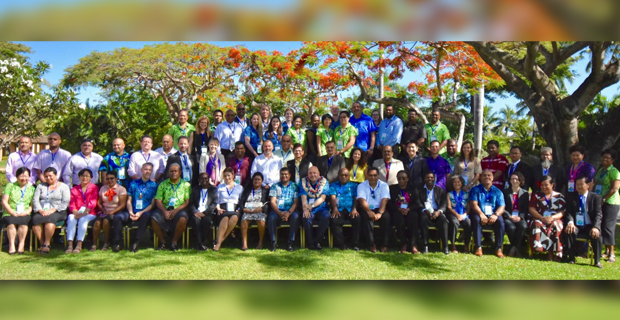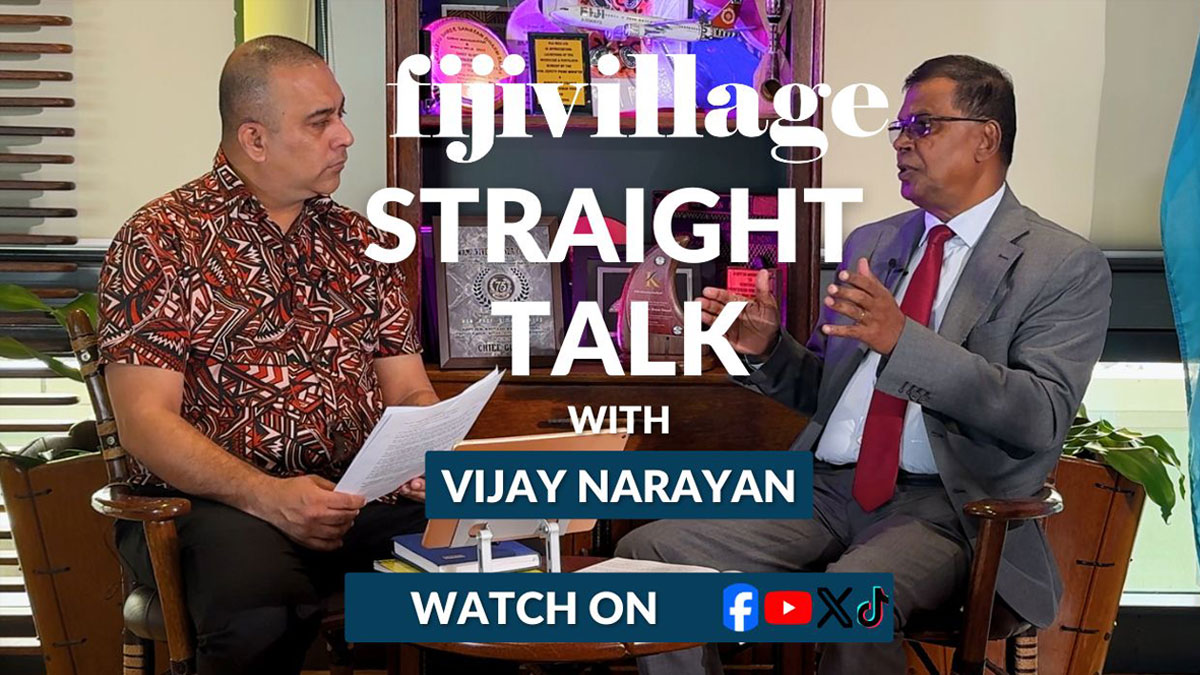
The Reserve Bank of Fiji and Alliance for Financial Inclusion have joined forces in global green financial inclusion to help build resilience of the vulnerable and mitigate climate change threats.

RBF and AFI join forces in global green financial inclusion to build resilience of the vulnerable & mitigate climate change threats[Photo:www.afi-global.org]
The two institutions are co‑hosting an international two‑day conference, “Smart Policies for Green Financial Inclusion: Securing Development Gains and Building Resilience” in Nadi.
Alliance for Financial Inclusion’s Green Financial Inclusion workstream is part of the International Climate Initiative, supported by the German Ministry for Environment, Nature Conservation and Nuclear Safety, based on the decision of the German Bundestag.
In his opening address, Reserve Bank of Fiji Governor Ariff Ali explained that in seeking to manage the challenges brought about by the aftermath of the recent natural disasters, a key observation was that our low income and vulnerable households are the hardest hit and worst affected. Ali says public funds are limited and not sufficient for all our communities to rebuild their livelihoods and ensure protection against impending climate related events.
The RBF Governor says this therefore creates a need for the financial sector to play a critical role in allocating resources towards a sustainable and green economy, particularly given the magnitude of investments required to weather future storms.
The conference is a gathering of 100 participants from Alliance for Financial Inclusion member‑institutions from central banks and other financial sector regulators from emerging and developing countries, as well as experts from relevant government authorities, private sector participants, academia and international organizations.
Participants are exploring the links between financial inclusion and climate change, examining the role of the financial regulator and showcasing how financial inclusion policies can increase people’s resilience and mitigate climate change related threats such as droughts, rising water levels, the spread of illnesses and the increase of pests that endanger crops and carry disease.
Participants are delving into how access and usage of formal financial services such as insurance, savings and loans can help the underprivileged when faced with unexpected setbacks caused by climate threats.
Stay tuned for the latest news on our radio stations

